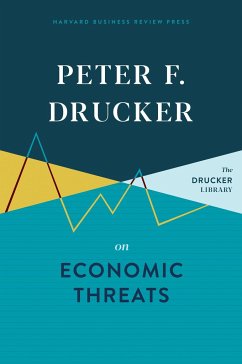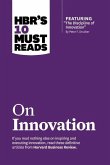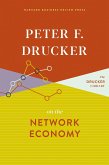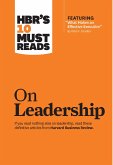How to Adjust to Shifts in the Economy In these forty salient essays, renowned management thinker Peter F. Drucker explores how social, political, and economic contexts impact the manager's role. Considered against the backdrop of the twenty-first-century marketplace, with its breathless pace, complex political issues, economic threats, and ruthless global competition, the book's wisdom and insights are classic Drucker: timeless, prescient, and practical. Arguing that management is charged not only with responding to the complex economic issues of the day but also with meeting the needs of customers and employees, Drucker addresses a wide variety of topics that touch on both the professional and the personal aspects of managing in a changing world, among them: * Emerging developments in the global economy * Changes in the global workforce * The measurement of business performance * Shifting employee and consumer expectations Both forward-thinking and practical, Peter F. Drucker on Economic Threats offers ideas and insights today's managers can use to achieve consistent, successful results, even as the world around them changes.
Hinweis: Dieser Artikel kann nur an eine deutsche Lieferadresse ausgeliefert werden.
Hinweis: Dieser Artikel kann nur an eine deutsche Lieferadresse ausgeliefert werden.








